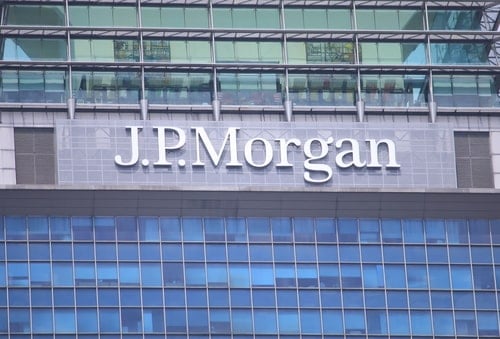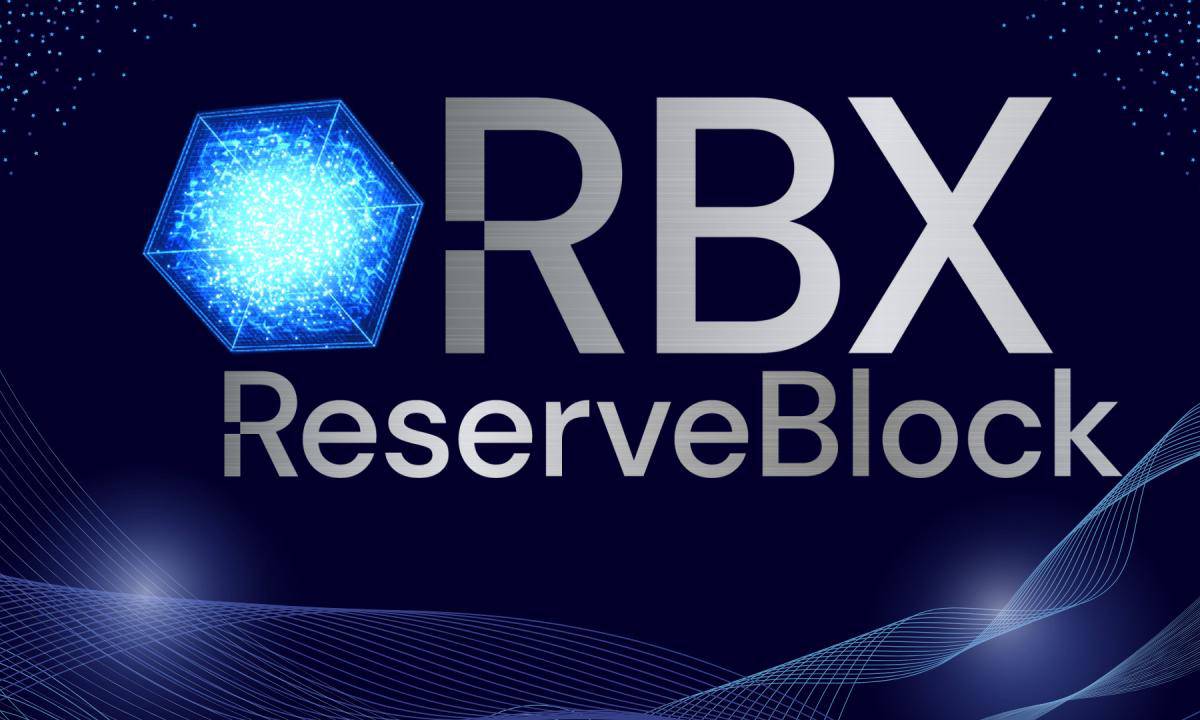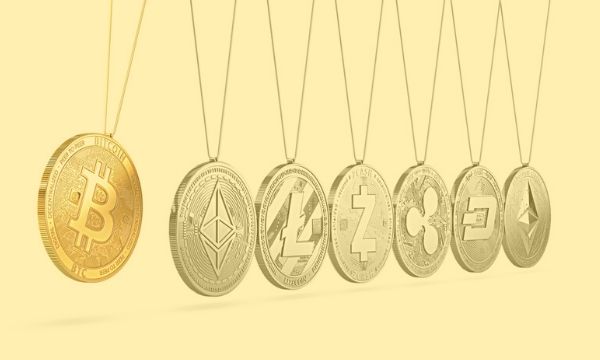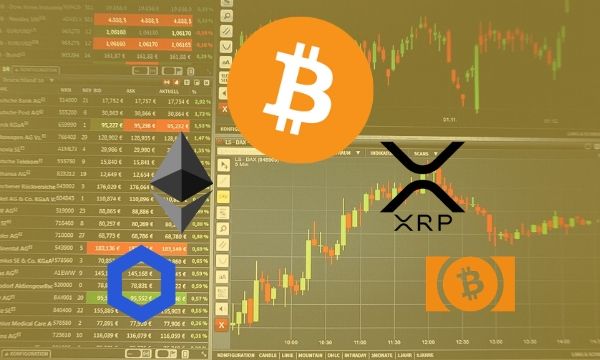JPMorgan Chase Will Pay $2.5 Million For Secretly Charging Extra Fees In Crypto Purchases
After fighting a legal case for two years, America’s largest bank, JPMorgan Chase will pay $2.5 million to settle a class-action lawsuit over extra fees on cryptocurrency purchases.
In 2018, the plaintiffs – Brady Tucker, Ryan Hilton, and Stanton Smith – filed the lawsuit against JPMorgan in a Manhattan federal court, accusing the bank of charging customers additional fees in the form of cash advances for crypto purchases made with Chase credit cards.
JPMorgan Secretly Updated T&C
The trouble started in early 2018 during the period of the crypto bull market, when several banks, including JPMorgan, decided to block their customers from purchasing cryptocurrencies using credit cards.
However, JPMorgan did not immediately inform clients that it had started treating credit card purchases of digital assets as cash advances. The banking giant only announced on this update ten days after implementing the changes, a move the plaintiffs considered as a violation of cardholders’ terms of service.
Tucker, who initially filed the lawsuit before filing an amended complaint with Hilton and Smith, claimed that Chase not only charged him extra fees but also charged higher interest rates on the cash advances. According to him, the bank refused to refund the excess fees after calling the bank to complain.

Crypto Is Like Cash
During a recent hearing, Chase Bank argued that its cardholder agreements did not actually change and that cryptocurrencies are basically “like cash” since they also function as a medium of exchange. Hence, no advance notice to customers was required in this case.
JPMorgan noted that the cardholders who filed the lawsuit could not claim that the bank violated its customer agreements when it stopped the purchase of cryptocurrency with credit cards and started treating them as cash advance activities, which attracted additional fees and higher interest rates.
Additionally, the bank claimed that crypto exchange Coinbase also changed its merchant category from “purchases’ to “cash advances,” which led to the adjusted fee schedule.
Lawsuit Settled But Chase Not Wrong
In the trio’s legal action, they requested for full refunds of all unlawful cash advance charges, $1 million in statutory damages, and an order declaring that JPMorgan’s cardholder terms do not allow the bank to impose such excessive charges in the purchase of crypto assets.
In a motion filed last week, Reuters reported that JPMorgan agreed to settle the class-action with a $2.5 million payment. However, the bank did not admit to any wrongdoing as part of the settlement deal.
The post JPMorgan Chase Will Pay $2.5 Million For Secretly Charging Extra Fees In Crypto Purchases appeared first on CryptoPotato.









